Publications
Articles, publications, books, tools and multimedia features from the U.S. Institute of Peace provide the latest news, analysis, research findings, practitioner guides and reports, all related to the conflict zones and issues that are at the center of the Institute’s work to prevent and reduce violent conflict.
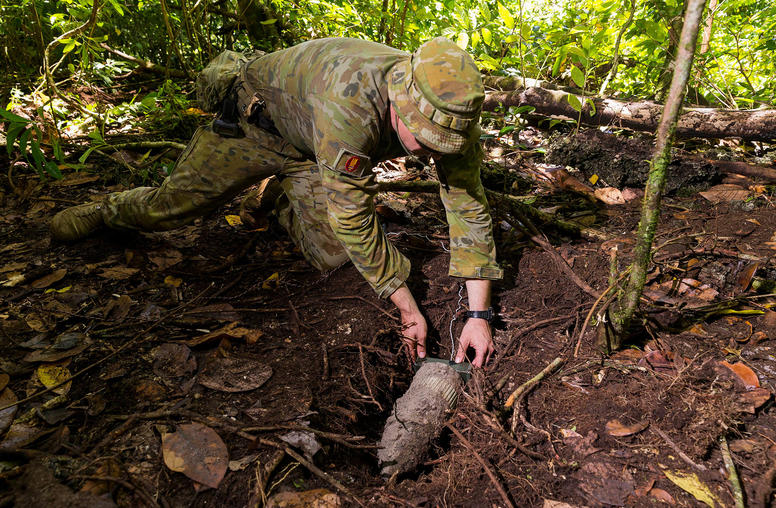
Solomon Islands: WWII Legacy Unresolved 80 Years After Guadalcanal Campaign
On August 7, the Solomon Islands will commemorate the 80th anniversary of the Guadalcanal campaign during a visit from U.S. Deputy Secretary of State Wendy Sherman and U.S. Ambassador to Australia Caroline Kennedy, whose fathers both fought there in World War II. As the United States and its partners look to strengthen their relationships with the Solomon Islands, addressing the enduring legacies of WWII — particularly the issue of unexploded ordnance — should be a renewed focus.
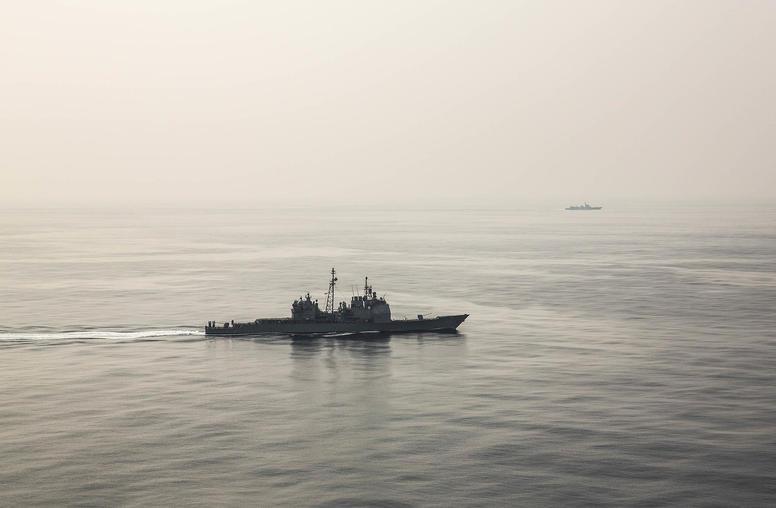
China’s Search for a Permanent Military Presence in the Pacific Islands
In April, China signed an unprecedented security pact with the Solomon Islands, sparking regional concerns of a future Chinese military presence there. China’s pursuit of greater military reach in the Pacific Islands draws parallels to Imperial Japan’s construction of bases prior to World War II, and the implications are, likewise, strikingly similar. A Chinese military presence in the Pacific Islands could complicate transit between Australia and the United States, allow Beijing to increase its power projection in the second and third island chains, and bring Chinese military firepower closer than ever to Australian and U.S. territory. Can the United States and its partners prevent such an outcome?
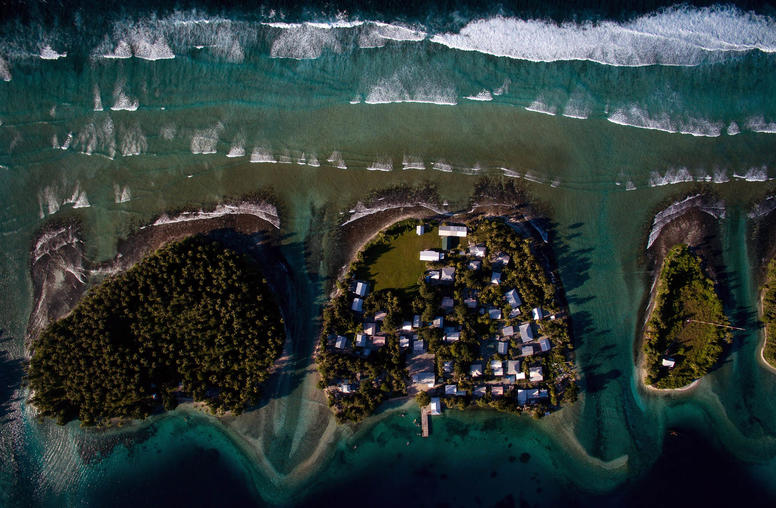
Pacific Islands Forum: Leaders Want to Focus on Climate Change, Not Geopolitics
The annual Pacific Islands Forum (PIF) Leaders Meeting will convene next week in Suva, Fiji, against the backdrop of increasing geopolitical competition in the region. But as the United States and its partners grow increasingly wary of China’s strategic interests in the Pacific Islands, leaders of PIF member states seek to shift regional attention to their greatest security concern: climate change.
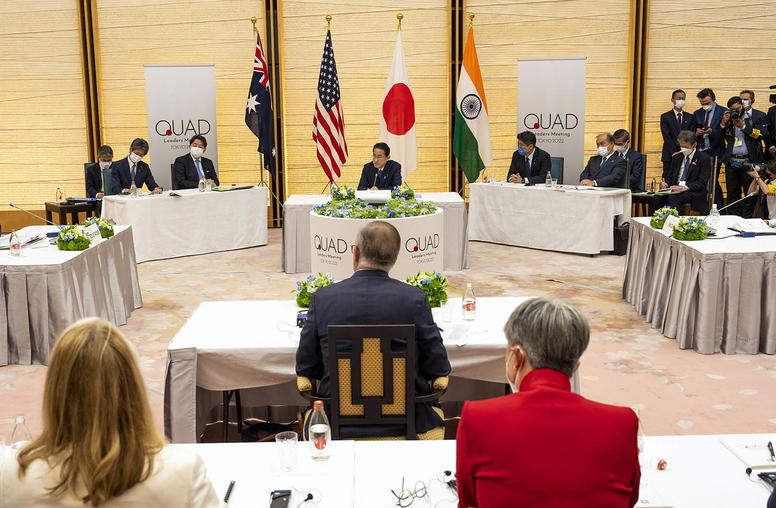
Amid Ukraine War, U.S. Signals the Indo-Pacific is a Vital Priority
While the Ukraine war continues to dominate policymakers’ attention, the Biden administration has engaged in a series of diplomatic initiatives with allies and partners across the Indo-Pacific region over the course of the last two months. The message is clear: Washington sees the Indo-Pacific as the world’s principal geostrategic region, with a host of challenges to meet — like competition with China and climate change — and opportunities to seize, particularly related to technology and the economy.
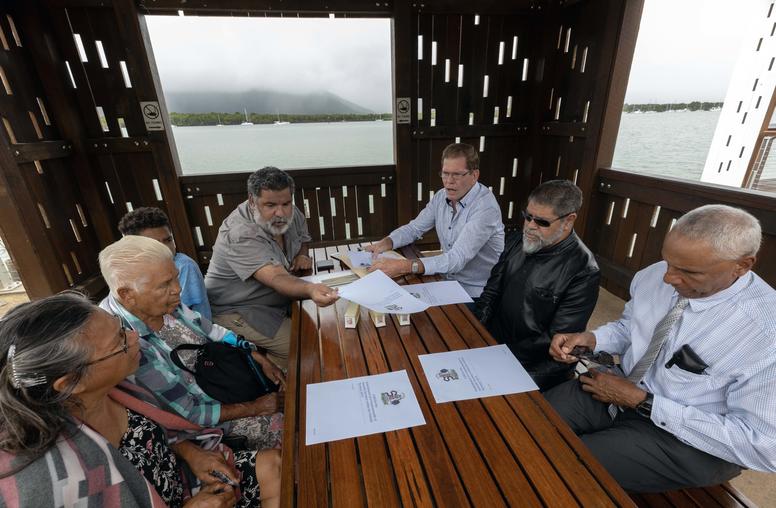
What Is Indigenous Foreign Policy? Lessons from Australia and New Zealand
In early May, the Solomon Islands — the second largest recipient of Australian aid — signed a security agreement with China, raising concerns about the potential for the creation of a Chinese military base a short distance from Australia’s shores. Coming mere weeks before Australian elections, this announcement was widely seen by Australians as a failure of their foreign policy and helped turn national security into a high priority for the elections.

Brian Harding on the U.S.-ASEAN Summit
Ahead of this week’s U.S.-ASEAN summit, USIP’s Brian Harding says the Biden administration is “kicking off a really intense period of diplomatic engagement with Asia” with plans to draw a contrast with China and seek cooperation on issues such as climate change and supply chains.
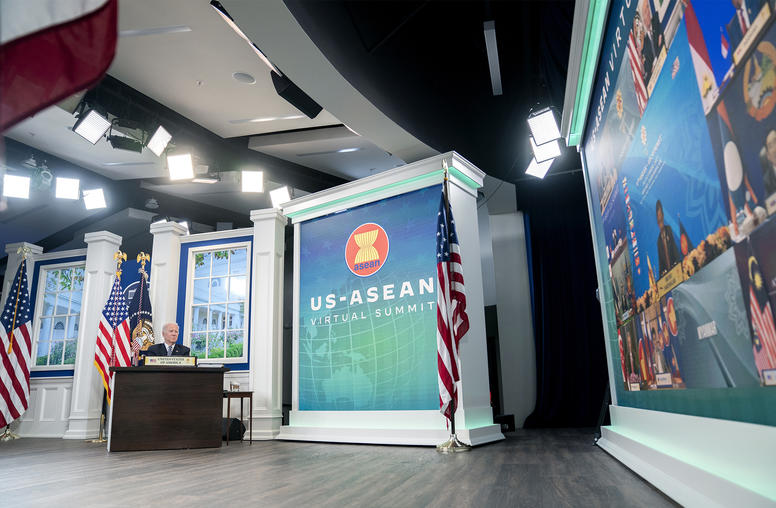
What to Expect From the U.S.-ASEAN Summit
USIP’s Brian Harding explains how ASEAN factors into the Biden administration’s “Indo-Pacific Strategy,” what ASEAN countries want from Washington, and how the war in Ukraine and deteriorating situation in Myanmar will be addressed at the summit.
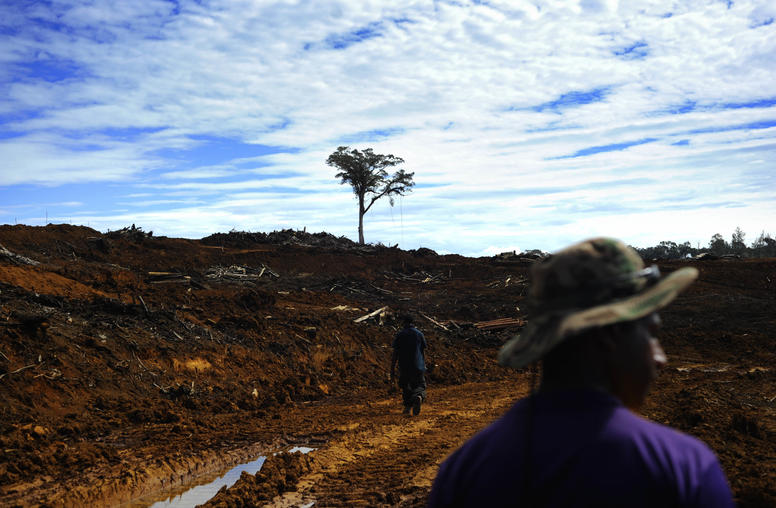
New U.S. Plan is an Opportunity to Deepen Engagement with Papua New Guinea
In terms of geographical size and population, Papua New Guinea (PNG) is by far the biggest country among the Pacific Islands, a region increasingly central to U.S. strategic interests. Along with neighboring Solomon Islands, PNG is at the center of a growing geopolitical contest involving the United States and its allies and China. PNG has also long been wracked by domestic instability, which has depressed equitable economic growth and limited the country’s ability to play its natural role as regional leader and a bridge between the Pacific Islands region and East Asia. Despite PNG’s potential importance, the United States has a light political footprint in the country, particularly when compared to Australia, making PNG’s designation as a focus country under the Global Fragility Action (GFA) an opportunity to dramatically scale up engagement.
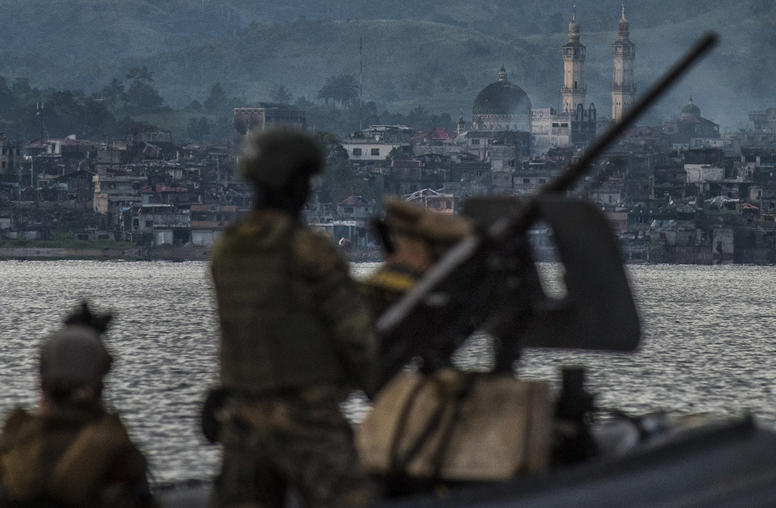
The Long Road to Peace in the Southern Philippines
For four centuries, the Muslim-majority areas in the southern reaches of the Philippines have resisted domination by the capital Manila, whether its leaders were Spanish, American or Filipino. This dynamic has spawned insurgencies, glimmers of hope for peaceful coexistence and repeated disappointment — all amid endemic violence and poverty.

Brian Harding on Secretary Blinken’s Trip to Southeast Asia
While China’s influence in Southeast Asia is inevitable, the region welcomed Secretary Blinken’s recent trip as a counterweight to Beijing, says USIP’s Brian Harding: “[The region] wants balance, which means they want the United States to be as engaged as possible.”